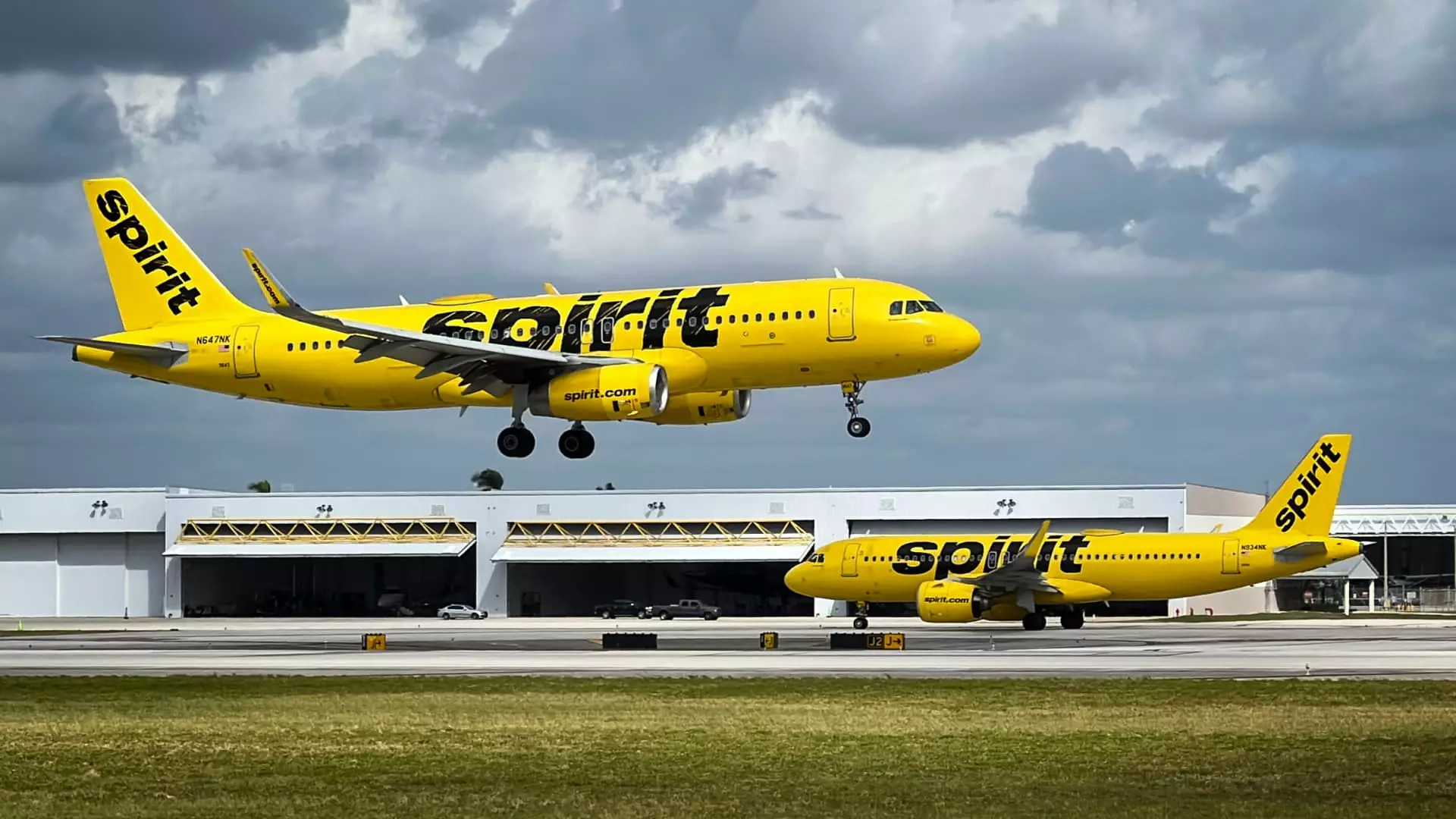In an unprecedented move, the Federal Aviation Administration (FAA) has imposed a 30-day prohibition on U.S. civilian flights operating to and from Haiti. This drastic step followed alarming incidents wherein commercial aircraft were struck by bullets, raising serious concerns about air safety in the region. The decision underscores the FAA’s commitment to aviation safety, aiming to protect passengers and crew from potential harm in an increasingly volatile environment. The ban not only halts flights but also prohibits U.S. aircraft from flying below 10,000 feet over Haiti, further demonstrating the regulatory body’s caution and diligence.
Recent Gunfire Incidents
The impetus for this ban was a disturbing incident involving a Spirit Airlines flight that encountered gunfire while attempting to land in Port-au-Prince. On Monday, Flight 951, which had originated from Fort Lauderdale, Florida, was compelled to divert to Santiago in the Dominican Republic after sustaining damage due to gunfire. While the airline confirmed that only one crew member suffered minor injuries, the event raised alarms within the aviation community regarding the risks associated with flights in this region.
Moreover, American Airlines reported a similar occurrence, where one of its flights flying from Port-au-Prince to Miami was also struck by bullets. Thankfully, this flight landed safely, and no injuries were reported, albeit with the necessity for a thorough post-flight inspection that confirmed exterior damage from a projectile. The combined nature of these incidents prompted American Airlines to suspend services to Haiti until mid-February, reflecting a broader trend of caution among carriers operating in this region.
Wider Implications for the Aviation Industry
The FAA’s response raises questions about the implications for the aviation industry as a whole. Airlines such as JetBlue have already halted their services, emphasizing the significant operational challenges they face amid rising safety concerns. As affected airlines grapple with the consequences of these incidents, the economic impacts cannot be understated. Service interruptions not only translate into lost revenue for the airlines but also have ripple effects on tourism and economic growth in Haiti, a country that relies heavily on tourism and international visitors.
Furthermore, the FAA’s ban could lead to a larger discussion regarding the safety and security measures enforced within airline operations, especially in regions prone to violence and unrest. Airlines will likely need to reassess their risk management strategies in order to protect their personnel and passengers in such environments.
As the situation unfolds, a call for comprehensive solutions is essential. Regulatory bodies, local governments, and airlines must collaborate closely to address the underlying issues contributing to the dangerous conditions in Haiti. The long-term prospects for safe air travel in the region hinge on not just the immediate response to these incidents, but also on fostering a more stable political and social climate that ensures securing both passengers and airline employees alike. The future of aviation in Haiti relies on concerted efforts to restore safety and security, paving the way for a return to normalcy in air travel operations.


Leave a Reply